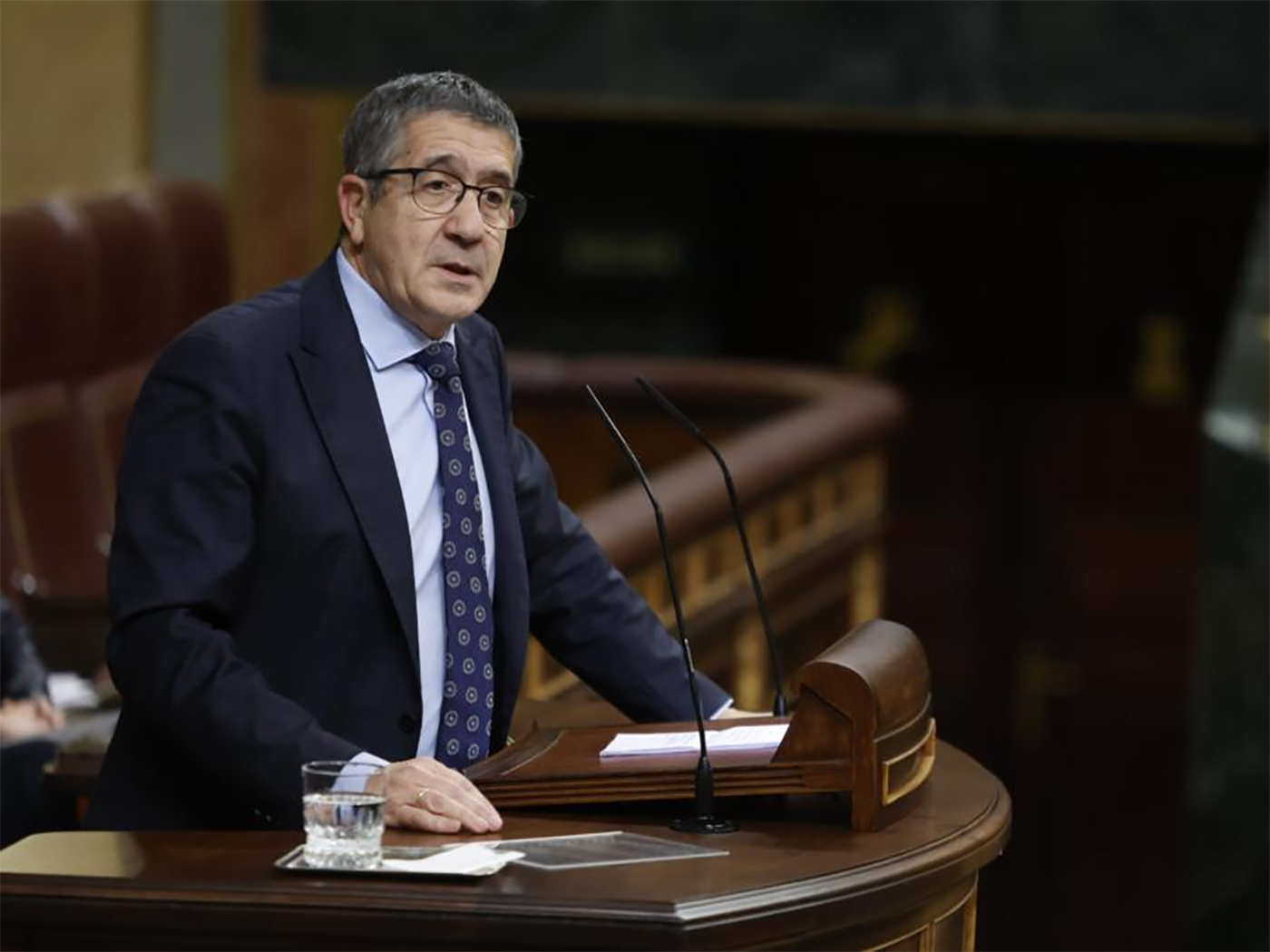Democratic Memory Law: What Will Change (and What Not) to Investigate Francoist Crimes and Do Justice
- The new bill is approved by the Spanish Parliament, after the support of the Government of Pedro Sánchez to the PNV and EH Bildu. It will, among other things, make it possible to analyse the crimes of Franco until 1983 and place the 1977 Amnesty Law under international law when there are crimes against human rights. On the contrary, the victims’ associations believe that it represents little progress, because it does not respect the right to justice and lacks concreteness.

After the last step of the Madrid Congress, the Democratic Memory Act, promoted by the Government of Pedro Sánchez, will be implemented. The new law is supported by the PNV and EH Bildu, for which they agreed several amendments with the Government of Spain. For example, to turn the Ezcaba fort and the San Sebastian Summit building into a memory center, or to create an independent commission to investigate the crimes of Franco, until 1983, beyond the temporary jellyfish of 1978.
According to EH Bildu, “these are the advances in the construction of a shared memory that guarantees the truth, justice and reparation due to all the people who suffered the Franco dictatorship.” The PNV has also described the initiative as a “breakthrough” in the search for “memory, justice and reparation” and has underlined the commitment to return to political parties and trade union organizations the documents, symbols, emblems and flags set out in 1936.
The victims’ associations believe that the new law represents some progress, but they still see significant gaps, particularly that it does not repeal the 1977 Amnesty Act.
The victims' associations consider that the new law represents some progress, especially in comparison with the one approved in 2007 by José Luis Rodríguez Zapatero, which in practice has remained in nothing. Definition and census of victims; elaboration of the map of graves, search and exhumation of dead in the hands of the Spanish State; DNA bank; elaboration of historical memory in the educational field... But there are still large gaps, especially that does not repeal the Amnesty Law of 1977.
Without the right to justice
The State Coordinator of the Argentine complaint against the crimes of Franco (CEAQUA) explains that if there is no judicial investigation, the law will continue to “render and protect” the perpetrators. Thus, “the basic pillars of the regime of impunity that we have been dragging on for 45 years” are maintained. According to CEAQUA, the law provides for the creation of a human rights and memory prosecutor, but the investigation seems to go “towards voluntary jurisdiction, not penal jurisdiction”, which will continue to close the doors of the state courts to investigate the crimes of Franco, in his opinion.
The Association for the Recovery of Historical Memory (ARMH) has also severely criticized the new law. The wall of the 1977 Amnesty Act is maintained and denounces the lack of concreteness of some of the competences established, by the mouth of its president, Emilio Silva. For example, although the economic responsibility of the exhumations rests with the State “does not oblige it” and the mass graves remain “unjudicialized”, so families will not have a guarantee of the right to seek their relatives. For the anti-fascist network, this law is only a "legal trap": "After 85 years we have only had an adaptation."
The technical committee does, but for what and how?
Several have seen a stumbling block to change the narrative of the Spanish “political transition” so far
The law provides for the establishment of a “technical commission” to investigate crimes that occurred until 1983, but there is plenty of evidence. This committee would carry out an analysis since the adoption of the Spanish Constitution in 1978 in 1983. From the interannual period, “to mark possible avenues of recognition and reparation”, as agreed by the Government of Spain with EH Bildu and More Country. In this part, some have seen a stumbling block to change the narrative of the Spanish “political transition” so far – in 1983 the PSOE’s gobenro had been ruling for one year, and there were kidnappings, torture and murders of Lasa and Zabala, among others.
However, the composition of the Commission has hardly materialised. There will be historians and experts, but no research will be done: “analyse” the cases to identify the victims, as recalled by the Public Media that regularly closely monitors this issue. The representatives of CEAQUA consider the definition to be too generic and inconcrete. In these years of the end of Francoism and Transition there are numerous investigations into the deaths caused by para-police and extreme right groups. Historian David Ballester, for example, has recorded and analyzed 134 deaths.
The Spanish right and the angry stabilishmendi
The agreement with EH Bildu has created cracks in Sánchez’s own party. A manifesto promoted by the “Association for the Defence of the Values of Transition” has been published by former PSOE leaders. They stress that the “consensus” and “reconciliation” of the transition were the keys, in line with the official version that has been given so far of this time.
Meanwhile, the PP accuses the Spanish government of equating the victims of ETA with those of Franco. One of the most significant electoral promises of the PP president, Alberto Nuñez Feijóo, has been the repeal of the Democratic Memory Act if it reaches its mandate.
I was watching the autonomic bulletin (I wrote it, and I immediately repented of the purrustling, of the excellent journalist who works in the informative, but I got angry again and I had my regret): they were talking about the PNV. Against and for the Spanish Congress. However,... [+]






















